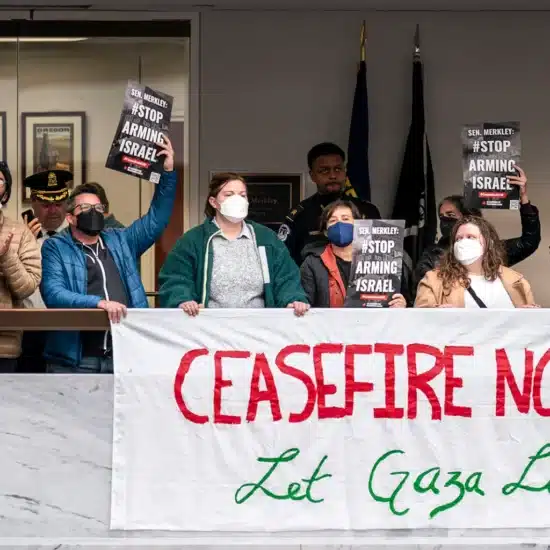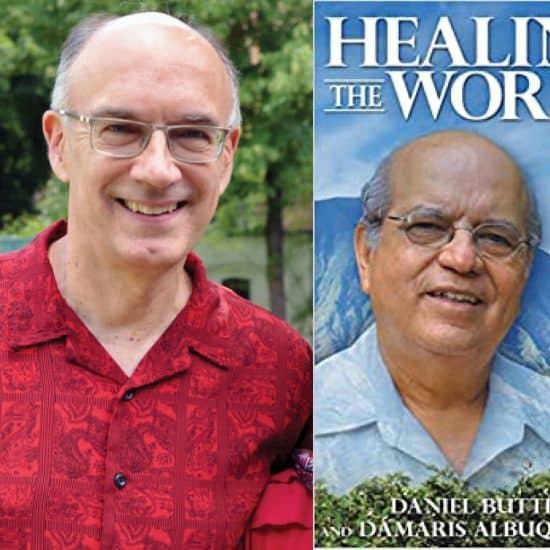I am writing these thoughts on a monthly Word & Way press day — the day we aim to send all our magazine contents and page layouts to our printer for production and mailing. As I write, Christmas is still three days away, but the issue our staff is “putting to bed” is dated January 2016.
 Bill WebbI am in a Christmas mood right now when editorially I need to get into a New Year’s mode. In this issue of Word & Way every year, I try to reflect on the previous year or anticipate the upcoming year with its own challenges and opportunities.
Bill WebbI am in a Christmas mood right now when editorially I need to get into a New Year’s mode. In this issue of Word & Way every year, I try to reflect on the previous year or anticipate the upcoming year with its own challenges and opportunities.
The beginning of 2016 is a good time to think about fresh starts, putting aside mistakes and disappointments of the immediate past and focusing on doing better during the new year.
Not long ago, one of my grandsons asked me what I would most like to receive for Christmas. It was a serious question. I don’t believe he was simply trolling for a Christmas gift idea. Perhaps he wanted to hear me say what was important to me. (All right, I may have over-analyzed this 10-year-old’s query.)
After a few seconds, I replied somewhat seriously but with a slight smile that betrayed my interest in also securing a reaction from him, “World peace.”
I expected him to dismiss my answer by rolling his eyes and saying, “Oh, Grandpa, be serious.” Instead, he agreed that world peace would be a good thing.
In these days of radio, TV, the Internet and a hundred other ways to know what is happening almost anywhere in the world — sometimes within moments of its happening — even our youngest family members know that our world is not always safe and secure.
This issue of Word & Way contains various stories that deal with one of the big issues of the day — hatred, violence and bloodshed in the name of religion. We adults are fearful, and so are our children. We desperately need peace and harmony in our own country and around the world. This is painfully obvious.
The angels who first announced the arrival of the tiny Prince of Peace in a humble birthing room interpreted God’s intention with their praise: “Glory to God in the highest, and on earth peace, good will toward men” (Luke 2:14, KJV). God was in the process of making things right in an imperfect world.
The message was not lost on the heavenly choir’s shepherd audience. Common working people, they followed angelic instructions to go see the Messiah for themselves. Then they became holy men, of sorts, telling people far and wide within their own sphere of influence about the angelic visitation and about Jesus and his remarkable birth. They had seen him!
A couple thousand years later, peace on earth remains elusive. Even most believers neglect to include its pursuit on their daily to-do or prayer lists, or to place it among their annual resolutions. We neglect this desire of God even though “peace on earth, good will to men” was at the forefront of his intent when he loaned us his son to live among us.
It was the manger-child himself who demonstrated in word and action the very methodology for achieving eternal peace in what at the time certainly was a troubled world. Nations jostled for power, merchants cheated their customers and people of both similar and divergent faiths were divided.
Rome was the uncontested power of the world. In this setting, Jesus was born, lived, died and was resurrected. It was the world that the incarnate Jesus knew.
Relationships were Christ’s method of ministry. To be sure, he was faithful in his relationship with his heavenly Father. He was a good son and brother. He related constructively to religious leaders of his day, to people in need, to “sinners” and others.
Relationship was at the center of his mission to bring peace and good will to people in need of it — everyone. As he moved about Israel and the adjacent Middle East, he viewed every interruption as an opportunity for engaging people and leading them to a relationship of their own with God.
Jesus related to children, adults young and old, the religious and the irreligious, low-income people, the wealthy, potentates and criminals. Until he gasped his last breath on earth, he reached out to those around him, even the thief on the cross next to him as he was dying.
Throughout his life on earth and thereafter, one of the finest examples Christ gave us was his attention to meaningful relationships — the genuine kind and ultimately the eternal kind.
One key in our 21st century world for breaking down barriers to peace in our families, our neighborhoods, our countries and the whole world is to form relationships that will enable us to learn about and from each other. This is the start of understanding each other.
In a world in which most of us of may not even know many of our immediate neighbors, building relationships requires us to be intentional.
We have all had the experience of either making a new acquaintance or deepening an existing relationship. We learn things that surprise us and inevitably give us insight into others’ lives.
Not only that, we allow others — even unbelievers — to see what motivates and drives us, including and especially our faith in Christ. For the believer, pursuing relationships broadly is akin to nudging open the door for a Christian witness.
Our world is a dangerous and fearful one, just like Jesus’ world. But now as then, God is depending upon the faithful to bring hope to the vast population.
Believers are God’s conduits for his peace in the hearts of people throughout his creation. We start with respect for our fellow humans; we seek to understand each other better; and we strive to love each other like our Lord does.
Bill Webb is editor of Word & Way.






